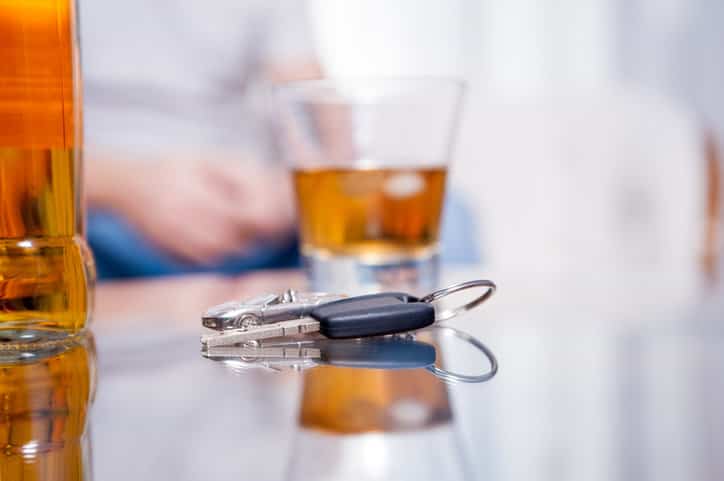Speeding motoring offences
Speeding motoring offences
Over 100,000 motorists are caught speeding each year, many have attended speed awareness courses, many were fined and received point..link
It is illegal to drink drive; if you are found guilty of this offence you will face severe punishment, a fine, loss of licence and possibly a custodial sentence.
If you have been stopped for drink driving it is important that you obtain legal advice as soon as possible and, to assist your defence, collect as much information about the circumstances of your arrest as possible.
The penalties for driving whilst under the influence of drink do vary depending on the charge brought against you, assuming you comply with the officer and it was not after an accident.
- One year driving ban (minimum)
- Unlimited fine
- A criminal record
- Possible custodial sentence.
- Your driving license will carry an endorsement for 11 years.
Drink driving offences are complex and very procedural, failure of the police to follow the correct procedure may aid your defence, documenting the whole process is recommended along with seeking expert advice as early as possible.

Driving with excess alcohol.
Driving whilst over the legal alcohol limit, you can only be convicted once it is proven that you are over the legal limit, and the reading must be taken from an approved device, a roadside test is not recognised by the court they are only an aid for the officer, and you are normally taken to the station to perform a test on an approved device, such as a fixed approved breathalyser or a blood/urine test.
Not providing a specimen.
If you decide not to provide a specimen, if this is at the roadside it is 4 points or your license removed for a period, plus a fine up to £1000.
If you do not give a specimen at the police station, once again this is an offence and carries a stiffer punishment, fine of up to £5000 potential custodial sentence and a driving ban.
The laws on tests and refusal to participate or give permission are complex and once again we recommend you obtain legal advice as soon as possible.
Drunk in charge of a vehicle.
When you are in charge and intend to drive a vehicle and are over the legal limit, once again you may face a custodial sentence of up to three months, a possible driving ban and a fine of £2500, the key on all these cases is for the prosecution to prove that you were going to drive, and it is important that you seek legal advice immediately.

What is Double Jeopardy? and is it still Law in the UK?..
linkSpeeding motoring offences
Over 100,000 motorists are caught speeding each year, many have attended speed awareness courses, many were fined and received point..link
If the crime is ongoing call 999, you should not put yours or anyone else’s safety at risk by taking action yourself...link
Police cautions and warnings are the same and can be issued to anyone over the age of ten for minor offences, whilst this does not count as a conviction it can ..link
Over 2000 section 60 notices have been issued in London last year..
linkMotoring Offences - Drink Driving.
If you have been stopped for drink driving it is important that you obtain legal advice as soon as possible and, to assist y..link
What is meant by 'handling stolen goods'...link
Computer and IT Law.
Computer Law is concerned with controlling and securing information stored on and transmitted between computers. Computer networks contain..link
Police Chiefs are calling for a change in the 'stop and search' l..
linkGuide to some of the factors people use when appointing a Solicitor...link
What is Double Jeopardy? and is it still Law in the UK?..link
The sex offender register - Guide..link

Solicitors.com are not a firm of solicitors, and any content on the site should not be used in substitute for obtaining Legal advice from a solicitor regulated in the UK, Solicitors.com recommends that you contact a firm of solicitors to discuss your individual legal requirement. Whilst we strive to bring you accurate up to date content, all content on this site is not legal advice and is not guaranteed to be correct. Use of this site does not create a client relationship.